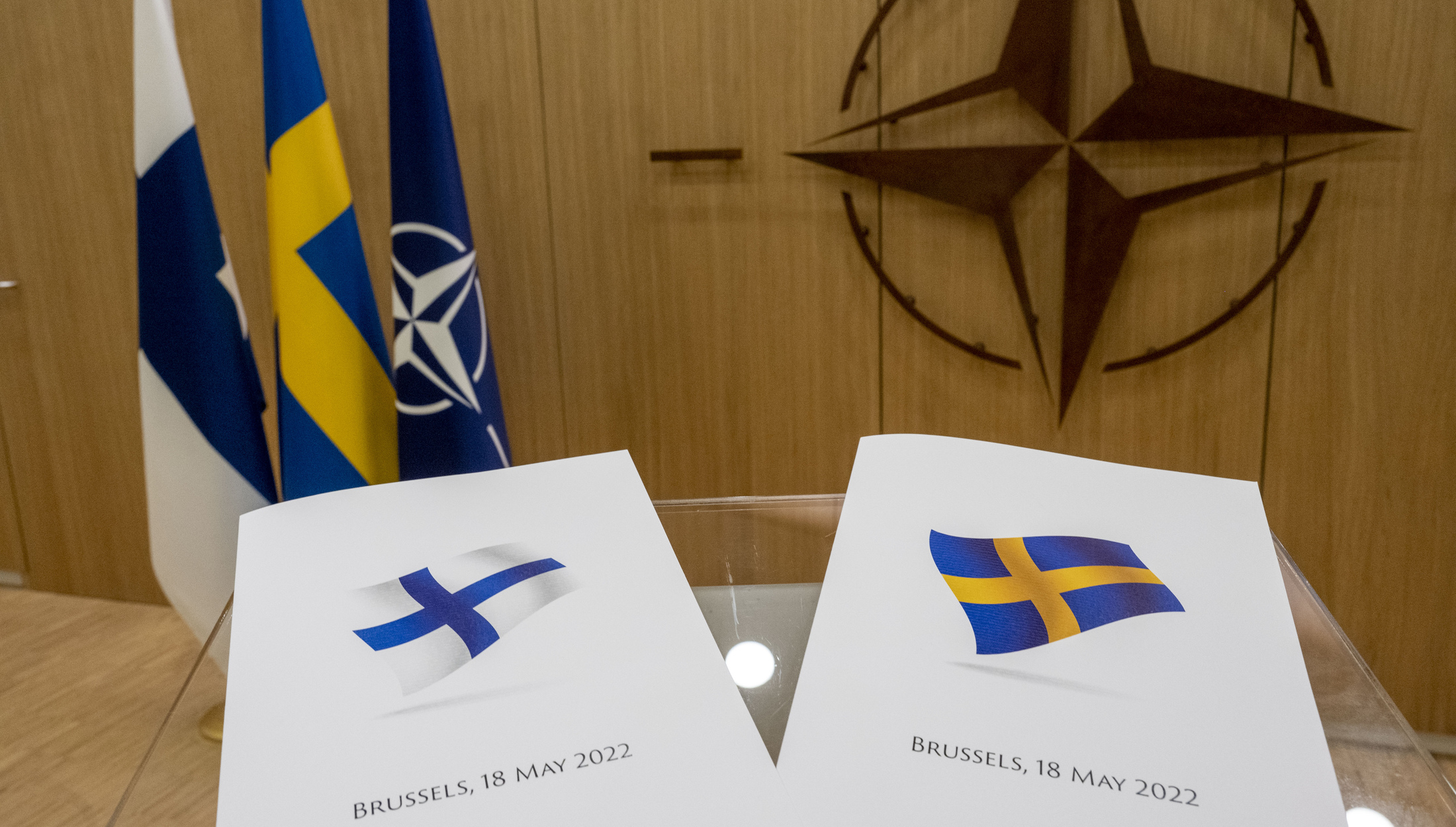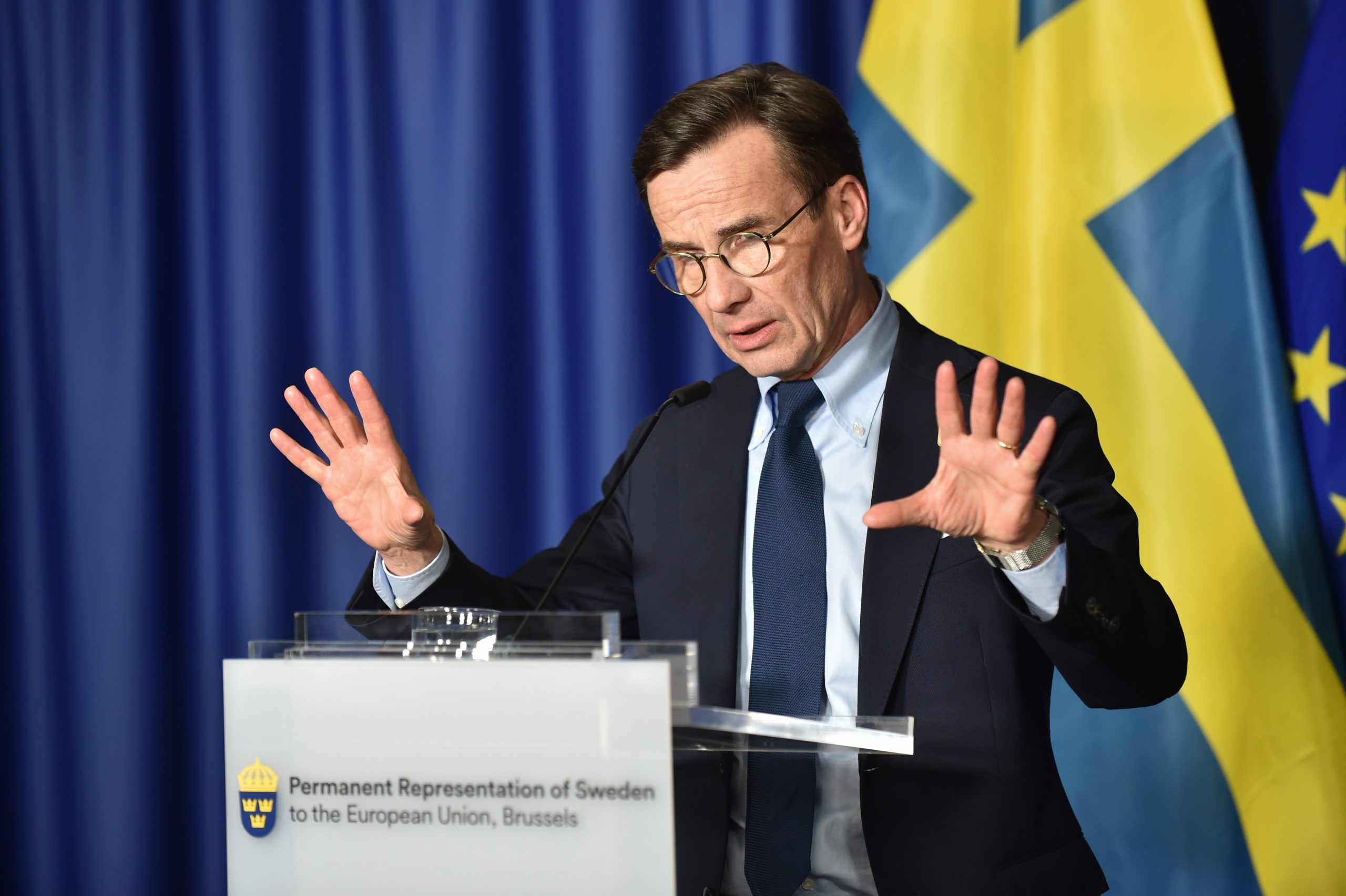
According to Viktor Orbán, Hungary is supporting the NATO membership of the two Nordic countries.Continue reading

As Sweden took over the rotating presidency of the Council of the European Union for six months, Stockholm’s position on current issues concerning Hungary have come under the spotlight.
Hungarian news portal Mandiner writes about the ambivalent relationship between Sweden and Hungary, claiming that Ulf Kristersson’s and Viktor Orbán’s governments cannot really find common ground, despite both being center-right.
As Sweden’s EU Ambassador, Lars Danielsson put it, “Ukraine, Ukraine, Ukraine” will be very much on the forefront” of the presidency’s priorities. According to the diplomat, the EU needs to have a unified position regarding Ukraine and the bloc “will need to continue to aid Ukraine.”
The Hungarian government – despite many false interpretations in the international press – is not against aiding Ukraine per se.
Orbán objected to the idea of joint borrowing to finance an 18 billion euro loan package to Ukraine, stressing that it would turn the EU into a “debt union.” However, he did not object to the package itself, and EU leaders reached a compromise to use money that is already available.
Another central topic is the European Commission’s rule of law procedure against Hungary and the issue of the still ongoing Article 7 procedure. According to DW, “Kristersson said Sweden would protect the rule of law in all EU member countries, adding that steps taken against Hungary and Poland would be ‘moderately’ pushed forward.”
The success of the Swedish center-right in last year’s parliamentary elections has been considered a positive development in the Hungarian conservative public,
while in the international media it was considered a part of a tendency together with Orbán’s victory in Hungary and Giorgia Meloni’s in Italy.
The issue of Sweden’s NATO membership bid caused some tension between Budapest and Stockholm, as the Hungarian parliament is yet to ratify it. However, it was mostly Finland’s liberal PM Sanna Marin, who urged the Hungarian government more vehemently to act faster. There has been no hesitation on the Hungarian side though – Orbán himself and members of the government confirmed that
Hungary supports the NATO membership of the two northern countries,
and parliament will put it on the agenda of its first session in 2023. The reason it has not happened earlier is that parliament was busy implementing all the laws needed to receive the funds the EU has been withholding. Let us not forget that besides Hungary, Turkey has not yet ratified the Swedish and Finnish membership either.
While the Hungarian government is definitely more optimistic about a center-right government in Sweden than its left-liberal predecessors, the northern members of the European People’s Party were never considered allies of Hungary’s Fidesz party when it was still a member of the party family (until 2021). It is important to note though that Kristersson’s government is supported by the Sweden Democrats, a party markedly more positive towards Fidesz, despite not cooperating officially. The anti-immigration party has traditionally been put behind a cordon sanitaire in Swedish politics, but as they became the second strongest party, Kristersson could not ignore them any longer in order to have the necessary majority. This also means that his government is under closer scrutiny than normal.
In conclusion, Swedish-Hungarian relations are unlikely to become particularly warm anytime soon, but we can expect more pragmatism and fewer ideological attacks from the Swedish side.
Featured photo via the European Council.